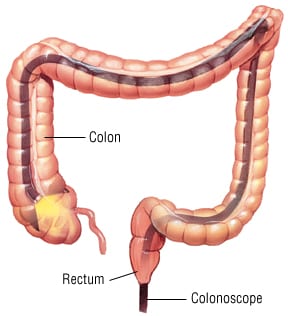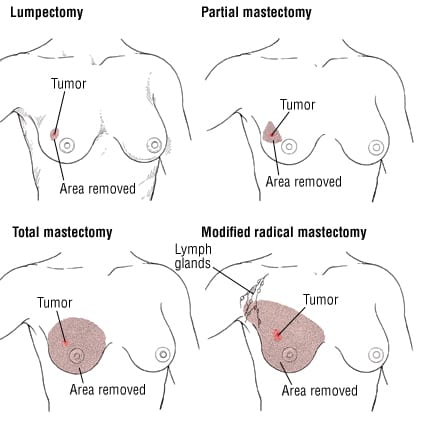The following is a summary of “Protection of Two and Three mRNA Vaccine Doses Against Severe Outcomes Among Adults Hospitalized With COVID-19—VISION Network, August 2021 to March 2022,” published in the April 2023 issue of Infectious Diseases by DeSilva, et al.
Between August 2021 and March 2022, the severity of coronavirus disease 2019 (COVID-19) illness among hospitalized adults who had been vaccinated was assessed for a study.
Adult patients (≥18 years) hospitalized for ≥24 hours with COVID-19-like illness and positive severe acute respiratory syndrome coronavirus 2 (SARS-CoV-2) molecular testing were included. The differences in intensive care unit (ICU) admission, in-hospital death, and length of stay between patients who had received two or three mRNA vaccine doses (vaccinated) versus unvaccinated patients were evaluated. Odds ratios (ORs) for ICU admission and death and subdistribution hazard ratios (SHR) for time to hospital discharge, adjusted for age, geographic region, calendar time, and local virus circulation, were calculated.
In total, 27,149 SARS-CoV-2-positive hospitalizations were included in the analysis. During both the Delta- and Omicron-predominant periods, protection against ICU admission was strongest among patients who had received three vaccine doses compared to unvaccinated patients (Delta OR, 0.52 [95% CI, .28–.96]; Omicron OR, 0.69 [95% CI, .54–.87]). In both periods, the risk of in-hospital death was lower among vaccinated patients compared to unvaccinated patients, but ORs overlapped across vaccination groups. SHR >1 was observed across all vaccination groups in both periods, indicating faster discharge for vaccinated patients.
COVID-19 vaccination was associated with lower rates of ICU admission and in-hospital death during both the Delta and Omicron periods, compared to being unvaccinated.



















